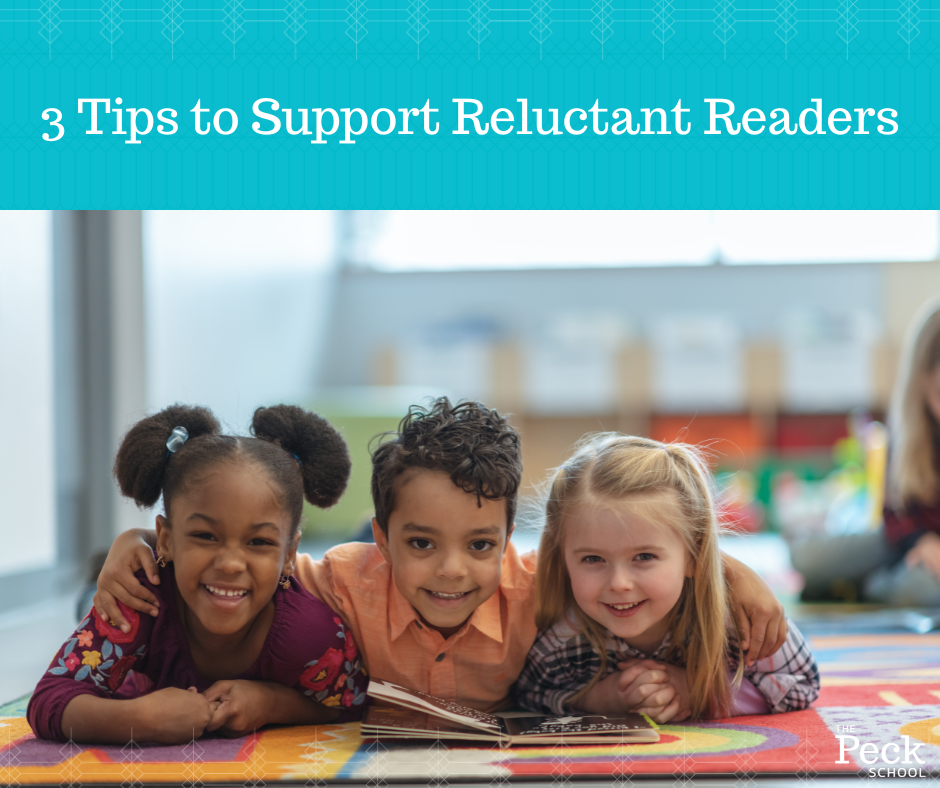Snowy weather means bundling up to make snow angels, build snow people, and go sledding. But for a book lover like myself, it also means drinking hot cocoa by the fire curled up with a good book!
A Parent’s Guide to Promoting a Prosocial Use of Social Media
Helping kids grow into well-rounded adults is among the most rewarding, important, and arduous challenges; it is a task made all the more Herculean due to the ubiquitous and ever-changing nature of digital devices and social media.
Childhood anxiety is a common concern these days, and after the pandemic it’s perhaps not surprising—the pandemic disrupted routines, stressed parents, and undoubtedly exacerbated a host of mental challenges for everyone. And, the aftermath of the pandemic has led many parents to overcompensate in easing life for our kids. After what we all went through, who can blame them?
Brain-Based Learning for Parents: What You Need to Know
In recent years, educators and researchers have been diving deeper into the intricacies of the human brain to understand how we learn and retain information most effectively. This exciting field of study, known as brain-based learning, aims to optimize educational practices by aligning teaching methods with the natural functioning of our brains. By embracing brain-based learning principles, educators can create engaging and dynamic learning environments that foster a lifelong love of learning among students.
3 Reasons Why Peck Students Are Prepared for a World With AI
On my walk around my neighborhood this morning, I marveled at the magic of smart shuffle on Spotify. I trusted my Fitbit to know I was walking, not sitting still. And Alexa must have been eavesdropping on my conversation at breakfast because a pop-up from Amazon served me a deal for exactly what I needed: new walking sneakers!
3 Tips To Help Get Your Child Back-to-School Ready
There is a lot to remember when getting your child ready for a new school year, but it’s helpful to put your efforts into three important areas: sleep, routine, and communication.
It is common for children to go through stages where they show resistance towards reading and need help finding books they enjoy. Fortunately, there are ways to help reluctant readers find excitement in books. Try implementing some of these strategies at home to help your child foster a love of reading:
1. Allow Book Choice at a Just-Right Level
While many of us would like our children to read classic literature or the books we loved as children, new or reluctant readers may need more time to take that leap. Guide your child towards books they are interested in and can read independently to build confidence and keep reading fun. Pleasure reading is not pleasurable when your child has reached a frustration level or is bored with the subject matter. Tackling more difficult material can come later.
2. Create Reading Routines
Read comics or light news together at breakfast each morning. Cozy up by the fire together after dinner. The whole family can bring something to read–a book, magazine, newspaper, Kindle…anything! Bedtime stories are another beneficial reading ritual; there is no better way to relax and unwind after a long day than through a shared story. Your child will become accustomed to your family’s reading routines and start to look forward to them each day.
3. Link Reading to Real-Life Experiences
If your child is an animal lover, follow up an animal-themed book with a trip to the zoo. Is your child a sports fanatic? Catch a game together after they finish a sports biography and discuss connections and themes between the book and the game. These meaningful associations will add depth and excitement to your child’s reading experience.
When children feel empowered with choice, are comfortable reading independently, and feel connected to their world through text, they are headed in the right direction to become lifelong readers.
Connecting math to daily activities in the real world is an important way to help children develop higher engagement in math. If you’ve ever heard kids say, but math is soooo boring—fear not! Here are a few ways you can make math fun in your own home:
It’s beneficial to engage in creative play with your child at home, because it not only gives families the opportunity to play together but also fosters joy, togetherness, and for adults, that feeling of being a kid again!
Here at Peck, we take play very seriously.
“Creative play is an outlet for exploration,” says Lower School Psychologist Ashley Tabor. “Kids can try on different behavioral and emotional hats in these environments and role-play different scenarios. All of these exercises are necessary for childhood, from supporting social-emotional learning and physical development to problem-solving and building confidence, to creative growth.”
Here are five unique ideas to foster creative play at home:
Revisiting—and Reaffirming—Teaching Cursive Writing
It’s back. The conversation about the value of cursive writing in an elementary school education has returned, but after 30 years in education my opinion has not changed. Here at Peck, we believe that cursive offers numerous benefits to our students.





.png)

.png)




.png)

